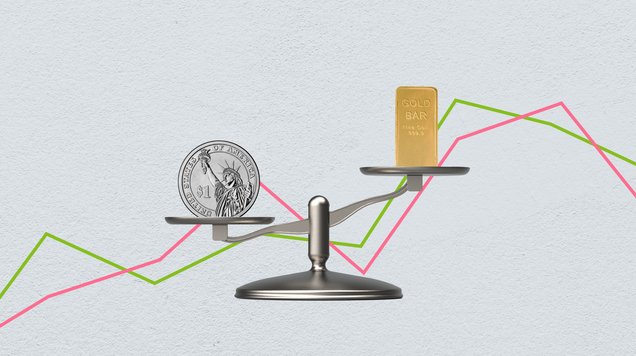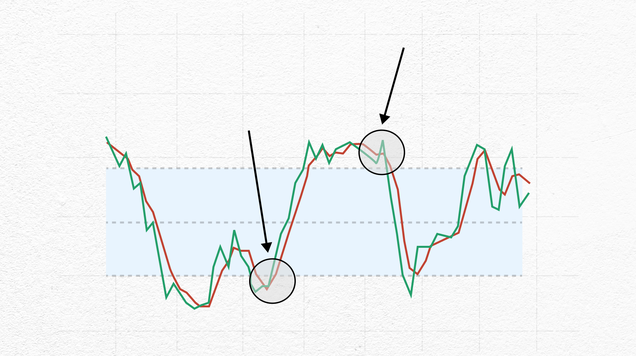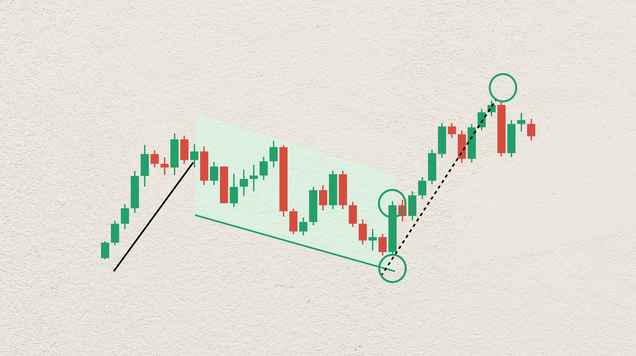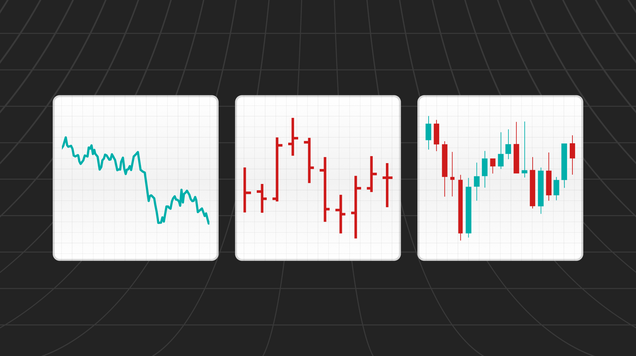Trading Psychology
How can trading psychology be controlled?

Fear and greed are among the main obstacles that prevent continuity in global markets.
Discipline and risk-taking are among the key aspects in the psychology of trading.
What does trading psychology mean?
Trading psychology directly affects decision-making when trading in global markets. Trading psychology can be as important as the stage of learning trading, whether technical or economic, and building a complete trading strategy.
Discipline and risk-taking are among the key aspects of trading psychology, as the trader's implementation of these aspects is crucial to the success of their trading plan. Fear and greed are usually associated with trading psychology, while factors such as hope, and regret also play roles in trading behavior.
Trading psychology describes how to deal with achieving gains and even if trades reach stop-loss levels. The emotional aspects of investing will try to dictate all your transactions, and your ability to deal with your emotions is part of your trading psychology.
Is it possible to eliminate trading psychology?
It is impossible to eliminate emotions when trading in global markets. However, this should not be the primary goal. Instead, traders should understand how emotions influence decisions and strive to adhere to a strong trading strategy to prevent psychology from infiltrating trading decisions, whether in entry or exit.
Basics of trading psychology:
Fear and greed are strong emotions that dominate traders. Therefore, learning to control emotions and adhering to a capital management plan is very important to continue trading in global markets.
Traders can use various techniques to develop a strong trading psychology and maintain discipline. Developing a trading plan will help you adhere to a consistent routine and avoid lapses in focus and fear of losses.
What happens during trading?
When entering a trade, the price may start moving in the opposite direction, which can instill fear in traders. Consequently, traders may make wrong decisions, attempting to close the trade before reaching the target or stop-loss level. At certain times, fear may push traders to enter counter-trend trades or move the stop-loss further, resulting in increased losses.
Other emotions that need to be controlled are greed, fear of losing money, and mental resilience to overcome mistakes. Lastly, one of the most important aspects of developing a trading mindset is learning how to manage risks.
Traders sometimes need to make quick decisions. Even if you follow your trading plan, there may be certain situations where you are forced to make a quick decision. However, having a suitable strategy and trading plan will help you manage your emotions and ensure that you don't end up making too many impulsive decisions driven by emotions.
Greed is another major obstacle that many traders need to overcome. The goal of trading is to achieve profits, but sometimes greed leads traders to set profit targets at unrealistic levels that the price may not reach. Or at times, traders enter a trade simply because they see the price moving without it being based on a trading strategy and clear entry conditions.
Ways to develop trading psychology:
Discipline:
Discipline is the foundation of any successful trading strategy. It means sticking to your trading strategy regardless of market movements. If you deviate from your plan at any time, that bad habit can start controlling you, and then losses will start controlling your account. While your trading strategies may not always succeed, you can always adjust them to improve your results.
Patience:
Trading is about timing - making the right decision at the right moment. Knowing what you want to buy or sell and not doing anything until the right time comes is what constitutes an effective strategy. This requires self-control and the ability to manage emotions. Make sure the entry conditions for the trade align with all the criteria of your strategy and don't settle for a small profit due to fear of subsequent losses.
Accepting Losses:
Losses are inevitable in trading. Even the best traders will lose money on multiple occasions. What you can do about losses is to treat them as learning opportunities so that you can make better trading decisions. When you lose money, accept it and take a short break from trading to review the situation and identify the reasons for those losses. By doing so, you will find yourself better equipped to trade effectively in the future.









